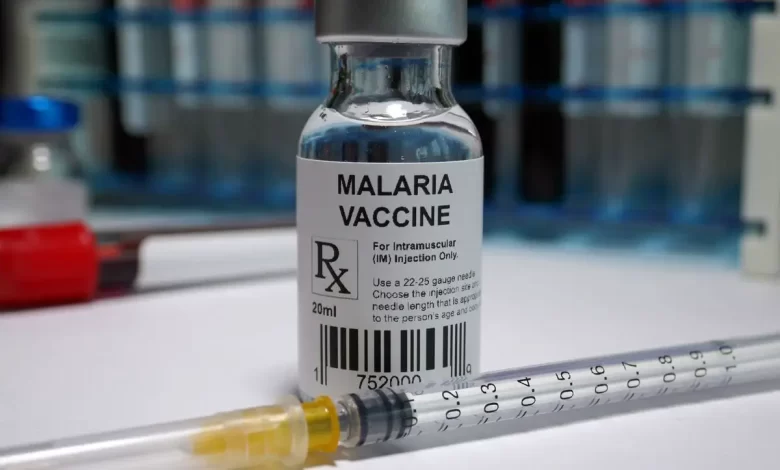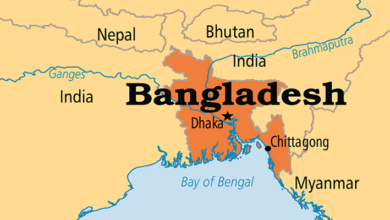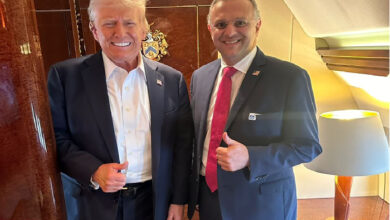Ghana Becomes First Country In The World To Approve Oxford’s Malaria Vaccine

Ghana has become the first country in the world to approve a new malaria vaccine from Oxford University.
The mosquito-borne disease leads to the loss of many lives each year, most of them children in Africa, and scientists have been trying for years to develop vaccines.
The vaccine called R21 appears to be hugely effective in stark contrast to previous ventures in the same field.
Trial data from preliminary studies in Burkina Faso showed the R21 vaccine was up to 80 percent effective when given in three initial doses, and a booster a year later.
Children under the age of three years old are in line to benefit from the vaccine.
Ghana’s drug regulators have assessed the final trial data on the vaccine’s safety and effectiveness, which is not yet public, and have decided to use it.
It has been a massive, century-long, scientific undertaking to develop a vaccine that protects the body from the malaria parasite, BBC said.
These had been expected to take place at the end of last year, but have still not been formally published. However, they have been shared with some government bodies in Africa and scientists.
Other African countries are also studying the data, as is the WHO.
Director of the Jenner Institute at the University of Oxford, Prof Adrian Hill, where the vaccine was invented, says African countries are declaring “we’ll decide”, after being left behind in the rollout of Covid-19 vaccines during the pandemic.
Prof Adrian Hill said, “We expect R21 to make a major impact on malaria mortality in children in the coming years, and in the longer term [it] will contribute to the overall final goal of malaria eradication and elimination.”
The Serum Institute of India is preparing to produce between 100-200 million doses per year, with a vaccine factory being constructed in Accra, Ghana.
Each dose of R21 is expected to cost a couple of dollars.



